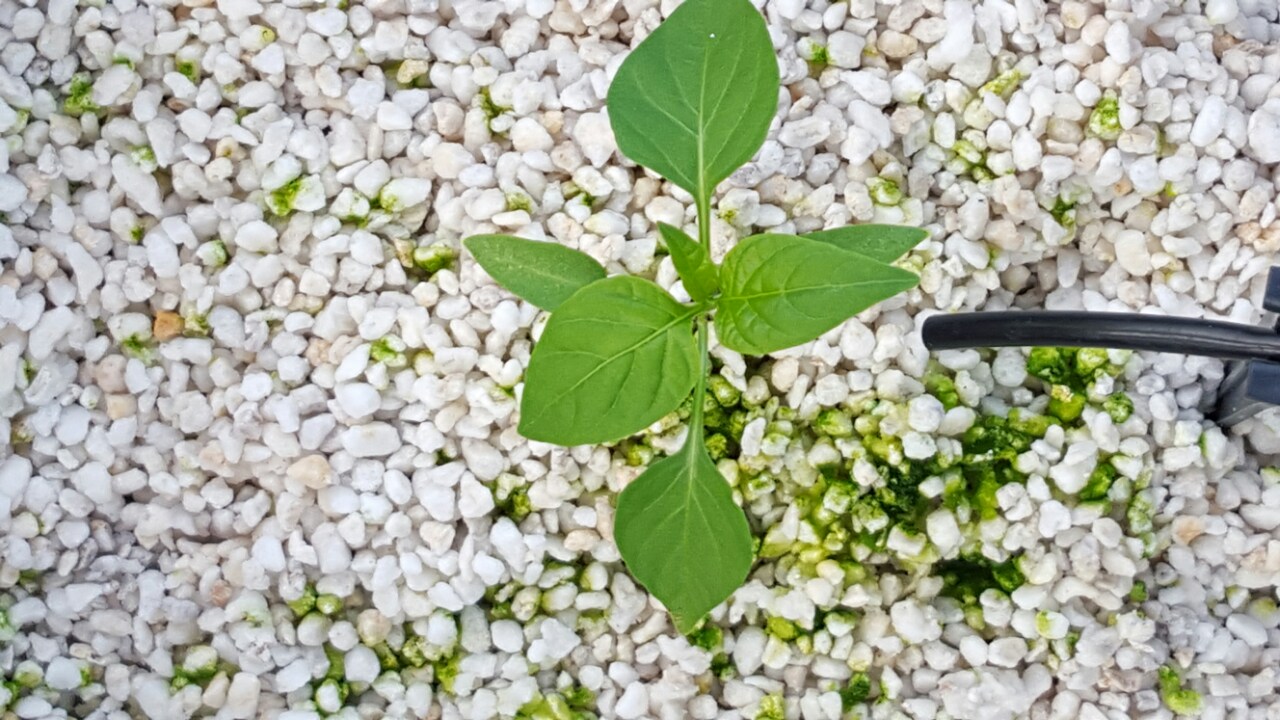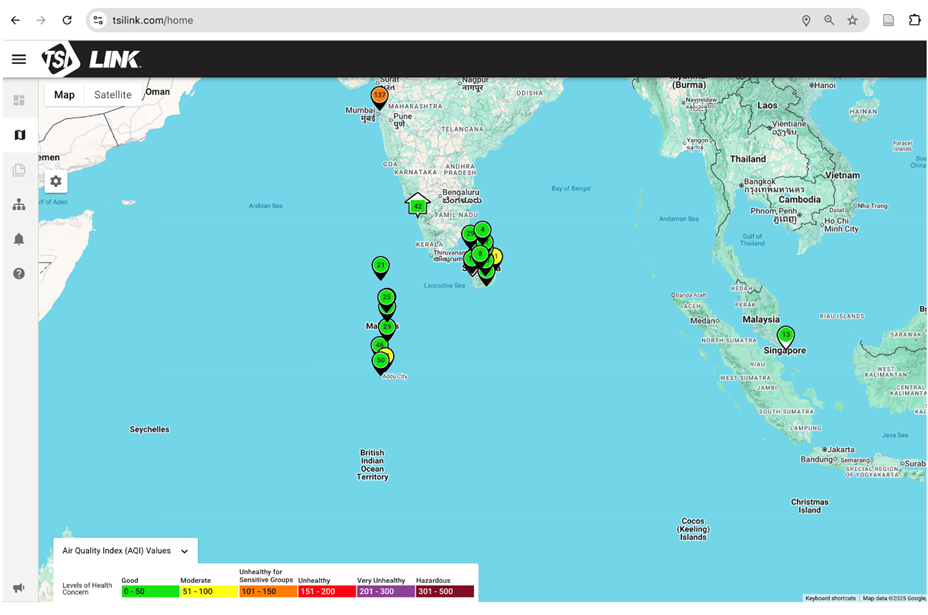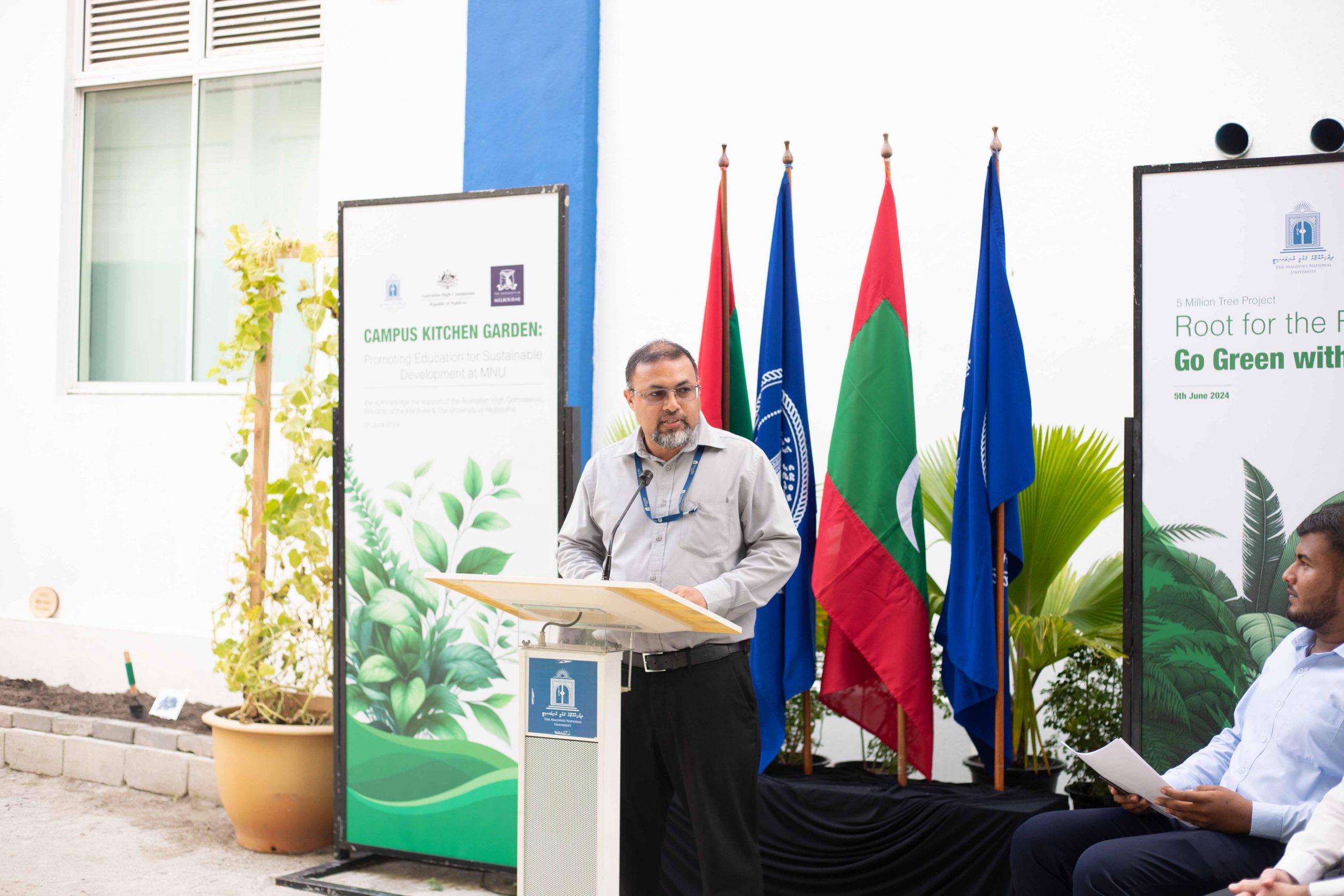The Maldives National University (MNU) has taken the lead in promoting sustainability by launching a campus kitchen garden at MNU. The inauguration ceremony, held on June 5, 2024, featured opening remarks and a vote of thanks from Abdul Rahman Mubaarqiue, Deputy Vice-Chancellor (Administration and Finance).
This initiative has garnered support from the Australian High Commission, The Republic of Maldives, and the University of Melbourne. His Excellency, David Jessup, Australian High Commissioner, graced the event as the Chief Guest and ceremoniously planted the first seed. The Australian High Commission also provided a gardening kit to facilitate the project’s ongoing activities. Furthermore, Dr. Rhonda Di Biase, a visiting scholar from the University of Melbourne, actively supported the project with practical ideas focused on sustainable practices, relevant to the Maldivian context.
The kitchen garden project aims to foster sustainable outcomes and provide both curricular and co-curricular opportunities for MNU students. It seeks to reconnect individuals with the sources of their food, understanding how it grows and where it originates. The garden beds were constructed using existing materials, such as used bricks, to ensure a quick and easy build. During the launch event, pumpkin, basil, chili, and cucumber were planted in the garden beds.
The MNU kitchen garden aspires to be a model for establishing similar gardens in communities and schools, providing a range of learning opportunities and promoting sustainable practices.
More information at : Pioneering Campus Kitchen Garden Initiative





